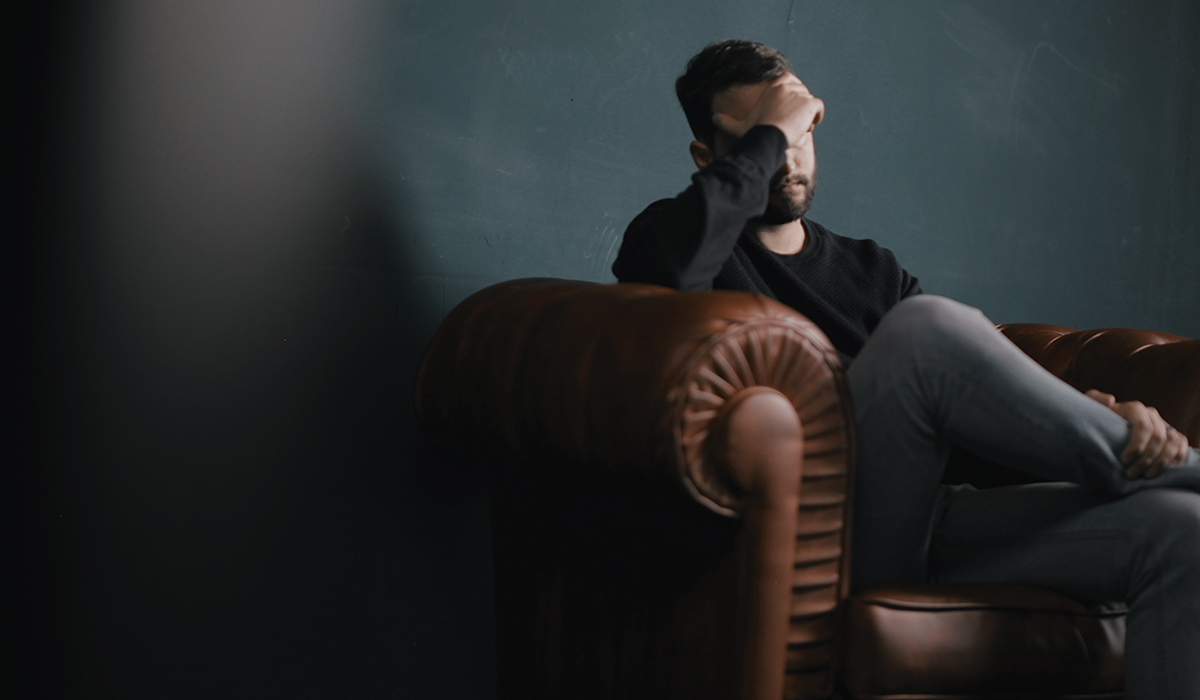Not Doing Well, Part Three

In the days since sharing the first two episodes of this series, we have been amazed by the volume of heartfelt feedback and gratitude we have received. Even though “I’m not doing well” seems like such a simple phrase, almost a cliché, it is a window into a world of vulnerability that many of us work tirelessly to avoid. So when Dan Allender and Rachael Clinton admitted that they were not doing well, and that we need to be able to talk about that, it struck a chord for many of us. With that in mind we decided to dive into this for one more episode, giving Rachael and Dan room to unpack a few of the categories from the previous episodes, and to begin talking about how we can move toward being well even when circumstances remain unwell.
Rachael: “We can hear ‘being well’ and hear that means everything’s great, I’m healed, I’m happy—and no, no, no, we’re actually more in the realm of what does it mean to rest in the midst of a storm.”
Dan and Rachael return to the expectation that we need to power through and not let anyone know when we are not doing well. Instead, they are inviting us—and themselves—to have the courage and humility to be honest about where we’re at, and to open ourselves to the care of others. Of course that last part, the vulnerability of seeking care, bring us face-to-face with all the times that our need for care was not met with kindness.
Rachael: “Naming what is true—not to escape it, not to overcome it or master it, but to actually be able to receive care and to be tender. Those are two places we really are dealing not just with the present moment, but with a whole history of triggers and traumas colliding.”
We really are dealing not just with the present moment, but with a whole history of triggers and traumas colliding.
As the conversation continues, Rachael and Dan reflect on the process of moving toward wellness in a way that doesn’t depend on circumstances—especially things beyond our control—becoming better. This usually involves a moment to pause and disrupt our usual cycles and spirals, and to recognize when we need to take a step back. Retreating and regathering, is so different from fleeing out of panic—it is an act of humility, maneuvering to create space so that we can work on repair.
Rachael: “I think this is probably one of the greatest moments of faith—the intersection of faith and hope. Because I think if we’re honest, we actually don’t believe God will be there if we stop and sit. There’s a sense that God’s only going to be there if we overcome, if we pull ourselves up by our bootstraps, if we prove that we have the capacity in our own right. There’s something of a surrender: Do we actually believe Jesus will be present in the overwhelming flood?”
Dan: “And will he be kind? That’s so often what my own hunger is for but also, sad to say, the very thing that I most reject from myself and from others and from him. Kindness will change my heart, but in that moment there’s something in me that believes both that I don’t deserve it, and that it’s not true.”
That movement toward pause and surrender allows us to find rest—not that everything’s okay or suddenly fixed, but that we are learning to rest and find grounding even in the midst of a storm. And in that rest, we can begin to look for a new beginning, a way to move forward that is authentic, vulnerable, and courageous.
Dan: “I’ve found that once the relinquishment occurred, there needed to be now a new beginning. And I would call that consecration. If I’m relinquishing, and assuming I’ll probably need to relinquish again in about 90 seconds, what does it mean to consecrate the next 90 seconds—to life, to him, to beauty, to goodness?”
Rachael: “There’s something I’m hearing you say that is also a reorientation of identity. There is such a sense that to be consecrated to beauty is also to name, I am loved. And I’m actually meant for more than tasks. I’m meant for more than futility and struggle. […] The beauty isn’t superfluous, it isn’t fantasy, it isn’t fleeing from the dirt. Again, we’re back to dust. It’s something of saying Look what God can do with dust.”
